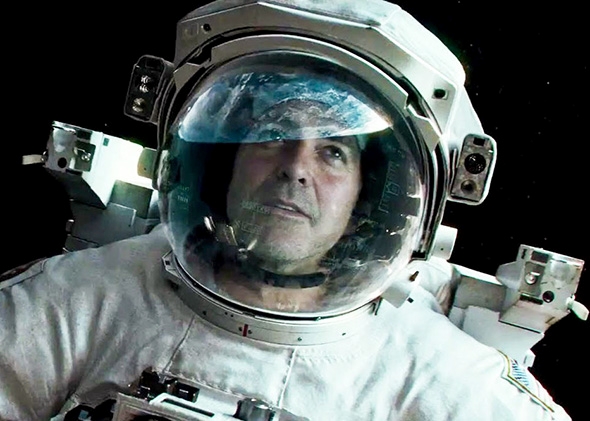Last year, a study involving 13,000 women found that screening via mammography misses more than 2,000 cases of breast cancer per year in the UK alone, while falsely alerting other women that they have the disease when they don't.
Not only does it significantly increase your risk of developing breast cancer, but dense breast tissue makes it harder for the mammogram to pick up on any tell-tale lumps.
To test the new breast cancer blood test's efficacy, the Danish researchers observed 57,000 participants over 20 years, gathering blood samples along the way.
A smaller selection of 800 women was split into two groups - those who remained healthy throughout the entire process, and those who developed breast cancer within seven years of their first blood sample - and their blood samples were compared and their metabolic profiles built.
Early detection is crucial for breast cancer - if you catch it up to stage 2, you have a 93 to 100 percent chance of surviving the diseases, which drops down to 72 percent at stage 3, and 22 percent at stage four.
"These exciting findings could help us move a step closer to being able to identify a woman's individual risk of developing breast cancer," Samia al Qadhi - Chief Executive at Breast Cancer Care in the UK, who was not involved in the research - told Donnelly at The Telegraph.





